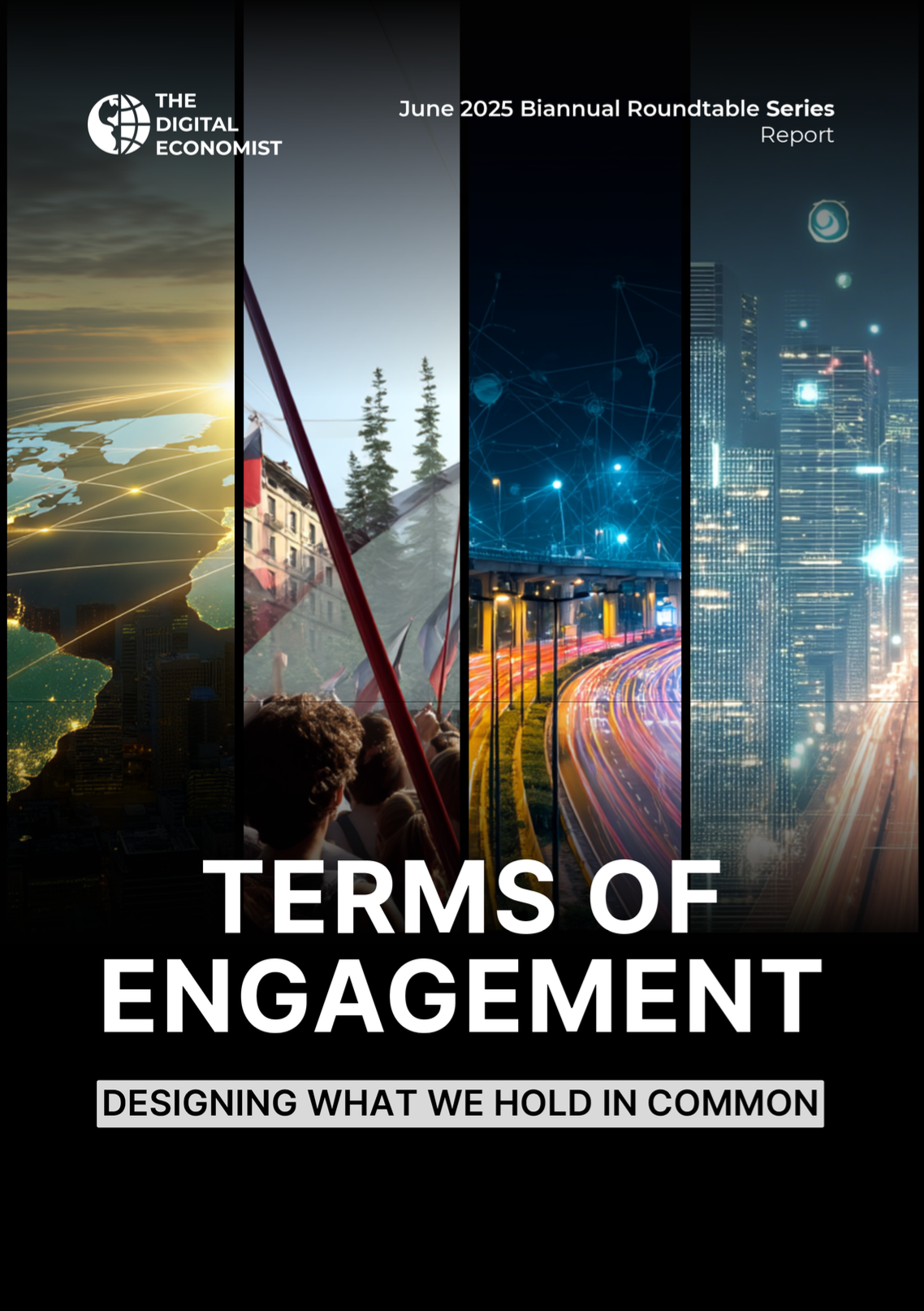
We live in a complicated and challenging time. Advancements ininformation communication technologies (ICTs)—most recently, thegrowing capabilities of artificial intelligence (AI)—have collided withreal-world social and political priorities. Entire industries are beingreconsidered, repackaged, renamed, and even eliminated as powerfulnew actors look to reform society for a new century. In the policy realm,these conversations feel existential to many as questions of sustainabilityand ethics grow.A complicating reality that drives such widespread fear among a widecross-section of sociopolitical experts is the sobering lack of awareness ofthe specific impacts of ICTs outside technical applications. This becamea pronounced issue with the rise of social media platforms and theinfluential algorithms that power such systems.This report aims to address these gaps to better inform the policymakingand advocacy communities as they consider and implement the nextsteps. We find that these gaps persist in misinforming powerful actors tobelieve that there are options and effects visible in theory that do not existin practice. The following analysis attempts to begin a more informedconversation as to why these beliefs do not take into account the full rangeof capabilities, effects, and possibilities that our ICT–powered society trulysupports.

